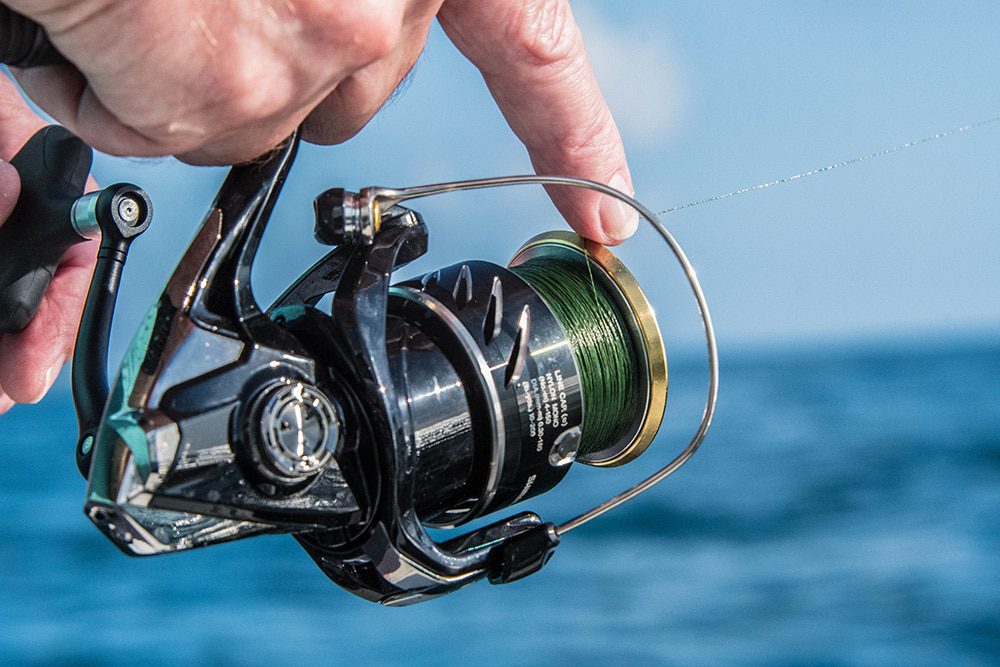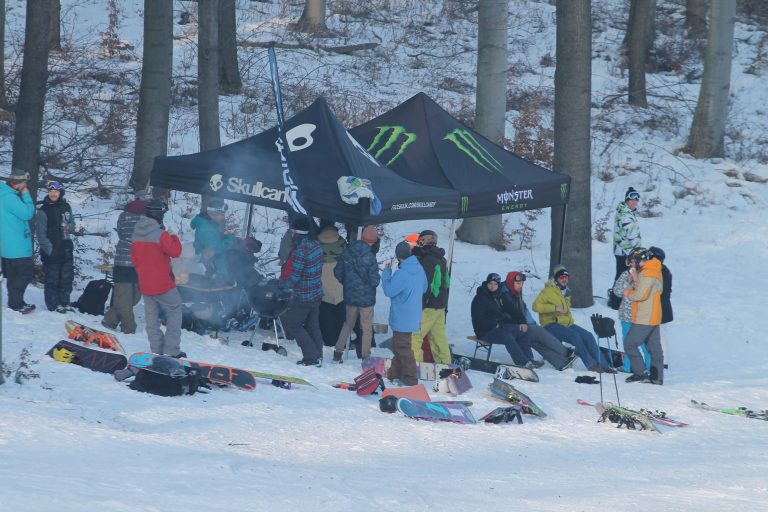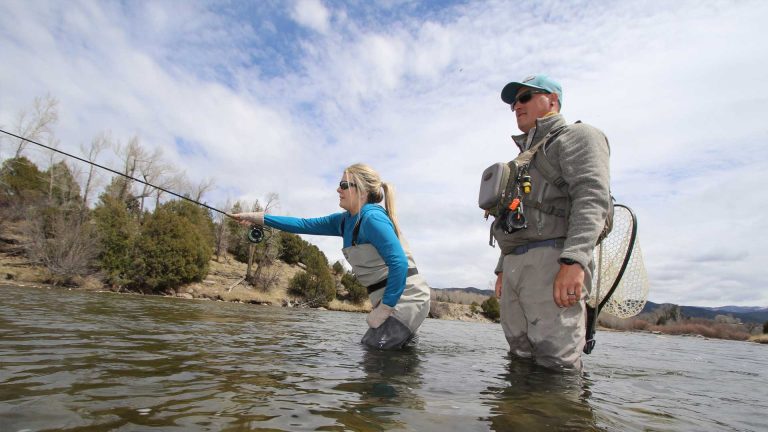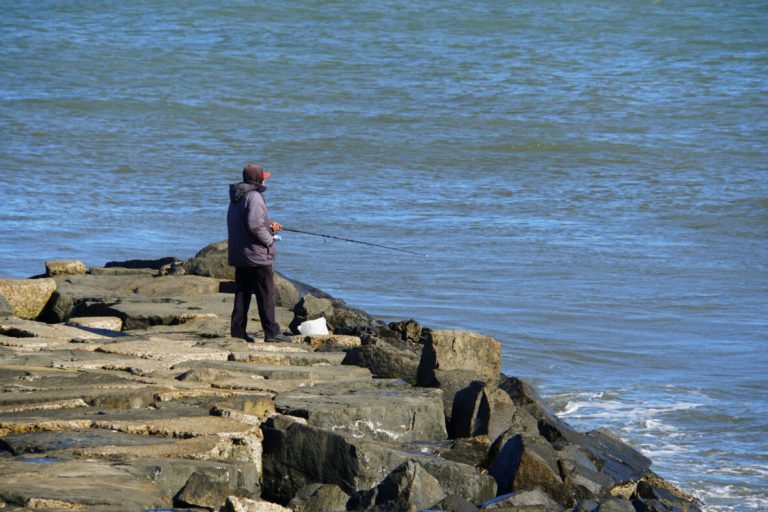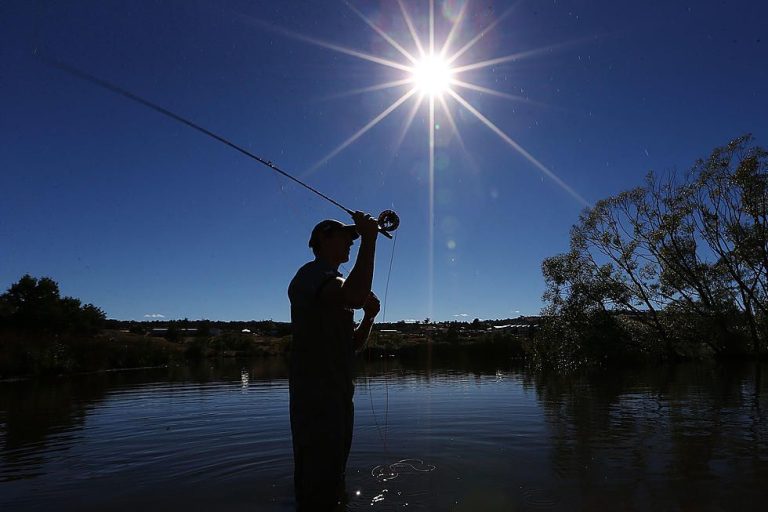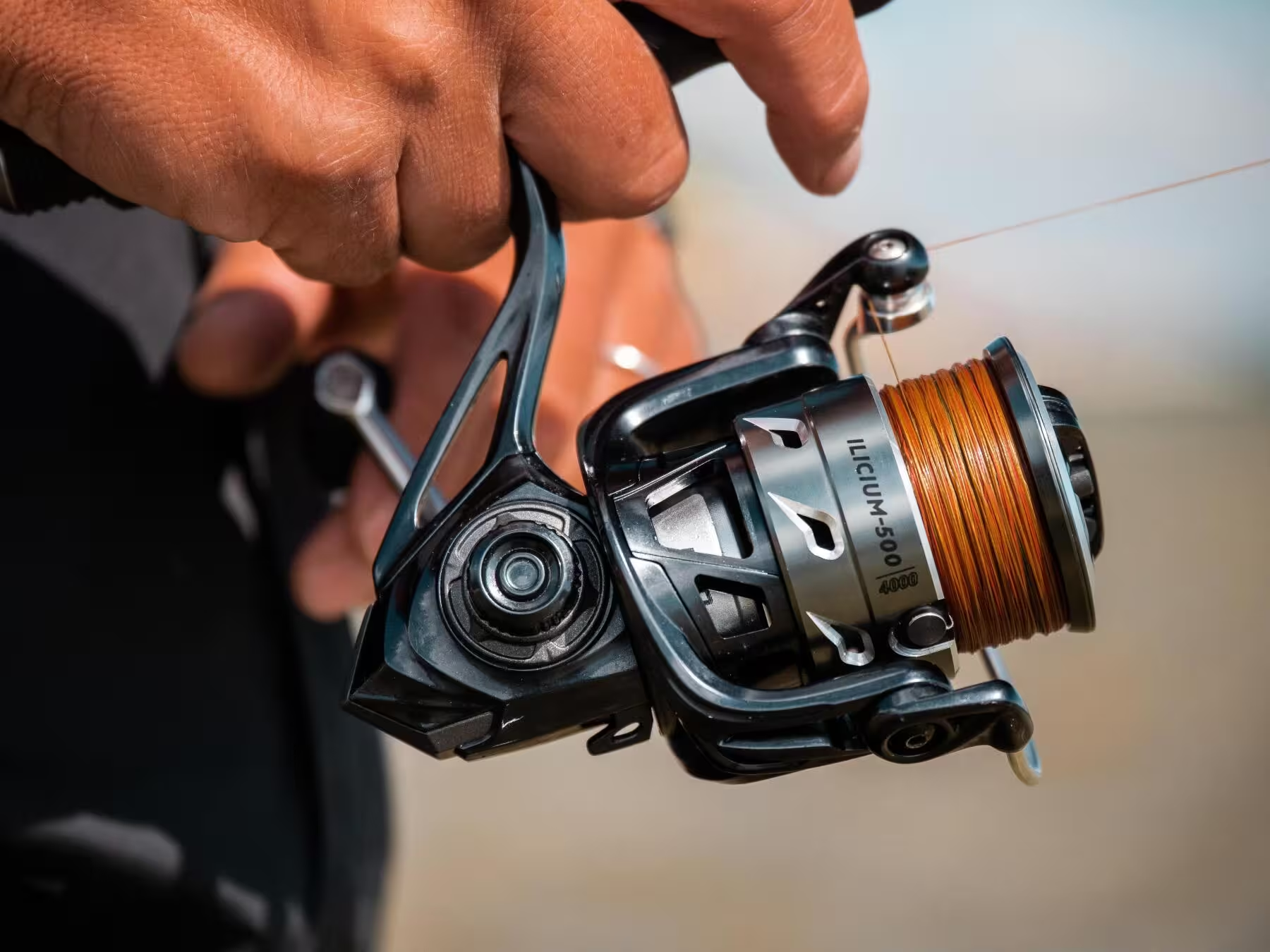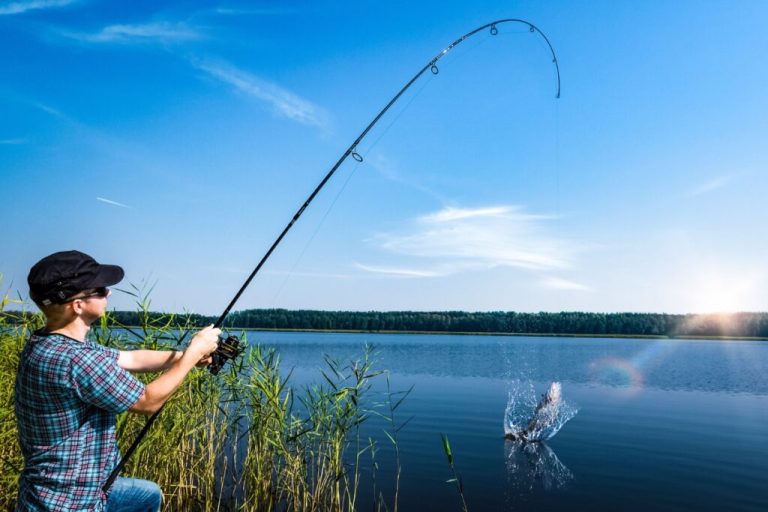Are you planning a fishing trip to Alaska? Whether you’re a resident or a visitor, understanding the state’s fishing license requirements is essential. In this comprehensive guide, we will explore the various Alaska fishing license options available for short-term visits, ensuring you have a legal and enjoyable fishing experience in the Last Frontier.
Why You Need a Fishing License in Alaska
Alaska is renowned for its incredible fishing opportunities, from the abundant salmon runs to the massive halibut in the deep waters. However, before you cast your line, it’s crucial to obtain the appropriate fishing license. Fishing licenses serve several important purposes:
- Conservation: License fees support the Alaska Department of Fish and Game’s efforts to manage and protect fish populations, ensuring sustainable fishing for generations to come.
- Regulation: Licenses help regulate fishing activities, allowing the state to monitor catch limits and enforce fishing regulations effectively.
- Access: Having a valid fishing license grants you legal access to Alaska’s diverse fishing areas, including rivers, lakes, and coastal waters.

Types of Alaska Fishing Licenses for Short-Term Visits
Alaska offers several fishing license options tailored to short-term visitors. Below is a detailed overview of the most common types of licenses available, along with their pricing.
| License Type | Duration | Price ($) |
|---|---|---|
| Non-Resident 1-Day Sport Fishing License | 1 Day | 15 |
| Non-Resident 3-Day Sport Fishing License | 3 Days | 30 |
| Non-Resident 7-Day Sport Fishing License | 7 Days | 45 |
| Non-Resident 14-Day Sport Fishing License | 14 Days | 75 |
| Non-Resident King Salmon Stamp | Valid for the duration of your fishing license | 15 |
1. Non-Resident Sport Fishing License
If you’re visiting Alaska from another state or country, you’ll need a non-resident sport fishing license. This license allows you to fish in both fresh and salt waters. You have several options:
- 1-Day License: Valid for 24 hours from the time of purchase. Perfect for a quick fishing excursion.
- 3-Day License: Valid for three consecutive days, ideal for a weekend fishing trip or a short vacation.
- 7-Day License: This option is great for visitors who plan to fish for an extended period during their stay.
- 14-Day License: For those who want to maximize their fishing experience, this license allows fishing for two weeks.
2. Non-Resident King Salmon Stamp
If you plan on targeting the iconic king salmon (also known as Chinook salmon), you’ll need to purchase a non-resident king salmon stamp in addition to your regular fishing license. This stamp is required for anglers aged 16 and older who intend to fish for king salmon.
3. Non-Resident Military License
Active-duty military personnel stationed in Alaska, as well as their dependents, can obtain a special non-resident military license at a discounted rate. This license is valid for the duration of their Alaska assignment.
Where to Purchase Alaska Fishing Licenses
Obtaining your Alaska fishing license is a straightforward process. You have several options:
- Online: Visit the Alaska Department of Fish and Game website to purchase your license online. You can print your license immediately after purchase.
- In-Person: Many sporting goods stores, tackle shops, and convenience stores throughout Alaska sell fishing licenses. Use the Alaska Department of Fish and Game’s vendor locator to find a location near you.
- By Phone: Call the Alaska Department of Fish and Game’s licensing hotline at (907) 465-2376 to purchase your license over the phone.

Fishing Regulations and Best Practices
Before embarking on your Alaska fishing adventure, familiarize yourself with the state’s fishing regulations. Here are some key points to keep in mind:
Catch Limits
Be aware of the daily and possession limits for each species of fish. These limits can vary by region and time of year. Check the Alaska Sport Fishing Regulations for details.
Fishing Methods
Certain waters may have restrictions on the types of fishing gear and methods allowed. Check the regulations for the specific area you plan to fish.
Catch and Release
If you intend to practice catch and release, handle the fish carefully to minimize stress and injury. Use barbless hooks and avoid removing the fish from the water for extended periods.
Respect the Environment
Practice responsible fishing by properly disposing of trash, avoiding sensitive habitats, and following Leave No Trace principles. This ensures that Alaska’s natural beauty is preserved for future generations.
Conclusion
Obtaining the proper Alaska fishing license is a crucial step in planning your short-term fishing trip. By understanding the different license options, purchasing requirements, and fishing regulations, you can ensure a legal and enjoyable experience in Alaska’s world-class waters.
Remember, your fishing license fees directly support conservation efforts and help maintain the state’s incredible fishing resources. So, get your license, gear up, and get ready to create unforgettable fishing memories in the beautiful state of Alaska!
For more information on Alaska fishing licenses and regulations, visit the Alaska Department of Fish and Game website.
Do I need a separate license for freshwater and saltwater fishing in Alaska?
No, the non-resident sport fishing license covers both fresh and salt waters. However, if you plan to fish for king salmon, you’ll need an additional king salmon stamp.
Can I purchase a fishing license for a specific date in the future?
Yes, you can buy your Alaska fishing license in advance and specify the start date. This is helpful if you’re planning your trip ahead of time.
Are there any age restrictions for fishing licenses in Alaska?
Anglers under the age of 16 do not need a fishing license in Alaska. However, they must be accompanied by a licensed adult and adhere to all fishing regulations.
What happens if I lose my fishing license?
If you purchased your license online, you can easily reprint it from the Alaska Department of Fish and Game website. If you bought it in-person, you may need to visit a license vendor to obtain a replacement.



